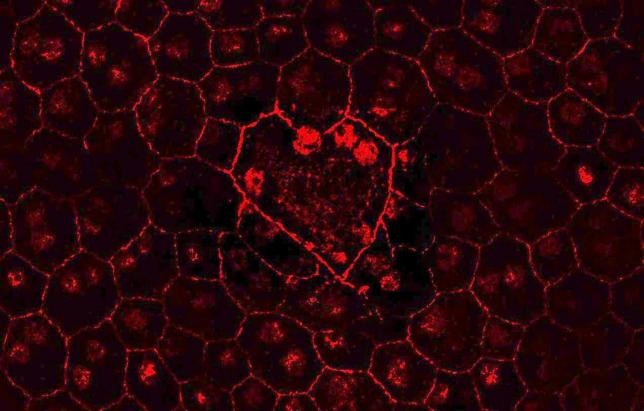Chinese scientists have recently made a startling discovery. From the genetic materials of a long-distance truck driver in Myanmar, the researchers identified what they have described as the "most complex HIV ever discovered."
The blood was extracted by scientists from the Kunming Institute of Zoology from the driver upon entry into China from a border checkpoint in the Yunnan Province. After sequencing the genetic materials, the scientists discovered the reprogrammed nine genes of the HIV.
Although baffling, reprogramming is possible under certain circumstances.
"Reprogramming only occurs when the carrier catches different types of virus repeatedly. Gene recombination is possible when different types of virus exist in his blood at the same time," said PhD student Zhou Yanheng.
Zhou was the one who published the finding in the U.S. journal AIDS Research and Human Retroviruses.
Aside from exposure to other virus existing in the blood, the HIV has the ability to take various forms and recombine with each other. Thus, a new strain is born.
"The complexity of the newly found virus does not necessarily mean that the virus is becoming more infectious or more prevalent, but it may reflect the epidemic of HIV in the border regions of Yunnan Province," Zhou said. "The constant and regular movement of high-risk groups between China and Myanmar is increasing the bidirectional spread of HIV between these two countries and thus contributes to the genetic diversity of the virus."
He Xiong, an expert from the Beijing branch of the Chinese Center for Disease and Control Prevention, attributes the prevalence of HIV in border regions due to the high number of high-risk groups and isolation due to the geographical location.
"The situation is especially crucial in mountain regions like the China-Nepal border, where land transportation is almost the only means of transportation," he said.
He also mentions the ineffectiveness of promoting safe sex through informational brochures and other educational materials. Drivers ignore the risks, and sex workers in the border regions refuse to use condoms to earn more.



























